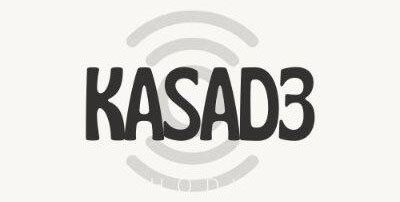In a landmark move to accelerate digital trade, Ghana has validated its first-ever National E-Commerce Strategy, marking a significant leap toward inclusive economic growth.
The Ministry of Trade, Agribusiness and Industry (MoTAI), in partnership with the United Nations Conference on Trade and Development (UNCTAD), finalized the strategy during a national workshop on June 12, 2025. The initiative aims to dismantle barriers for micro, small, and medium-sized enterprises (MSMEs), enhance digital infrastructure, and foster job creation through e-commerce.
A Collaborative Framework for Digital Transformation : The strategy stems from a 2023 eTrade Readiness Assessment by UNCTAD, which identified gaps in Ghana’s e-commerce ecosystem. Following months of stakeholder consultations—including government agencies, private sector players, and civil society—the draft strategy outlines actionable goals to improve logistics, digital payments, and rural access.
Deputy Trade Minister Hon. Sampson Ahi emphasized its dual focus on ambition and practicality: “This strategy promotes trust in the digital space while ensuring inclusivity for women and underserved communities,” he said.
Key Pillars and Implementation : A newly formed E-commerce and Digital Trade National Steering Committee, comprising public and private sector representatives, will oversee the strategy’s rollout. The plan aligns with Ghana’s broader vision to harness the global digital economy, supported by UNCTAD, UNDP, and UNCDF under the Joint SDG Fund. Torbjörn Fredriksson of UNCTAD praised Ghana’s leadership: “This strategy strengthens MSMEs as engines of growth and aligns with sustainable development goals,” he said.
Next Steps : With the strategy validated, Ghana is poised to enhance its digital trade capabilities, leveraging partnerships and policy coherence to empower businesses nationwide. The government aims to position the country as a regional e-commerce hub, driving economic diversification and social inclusion in the digital age.



